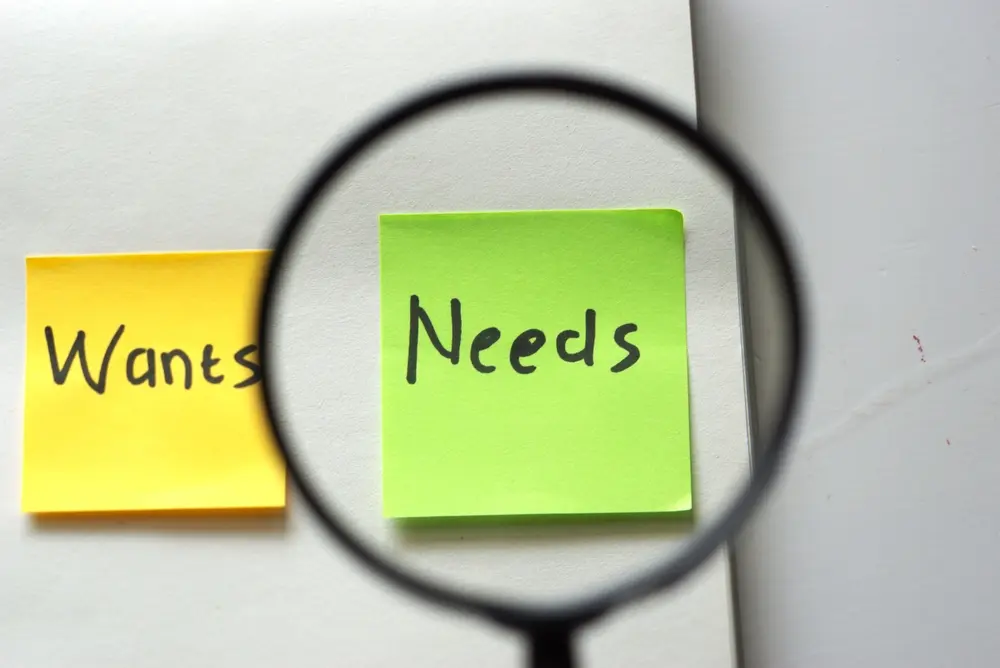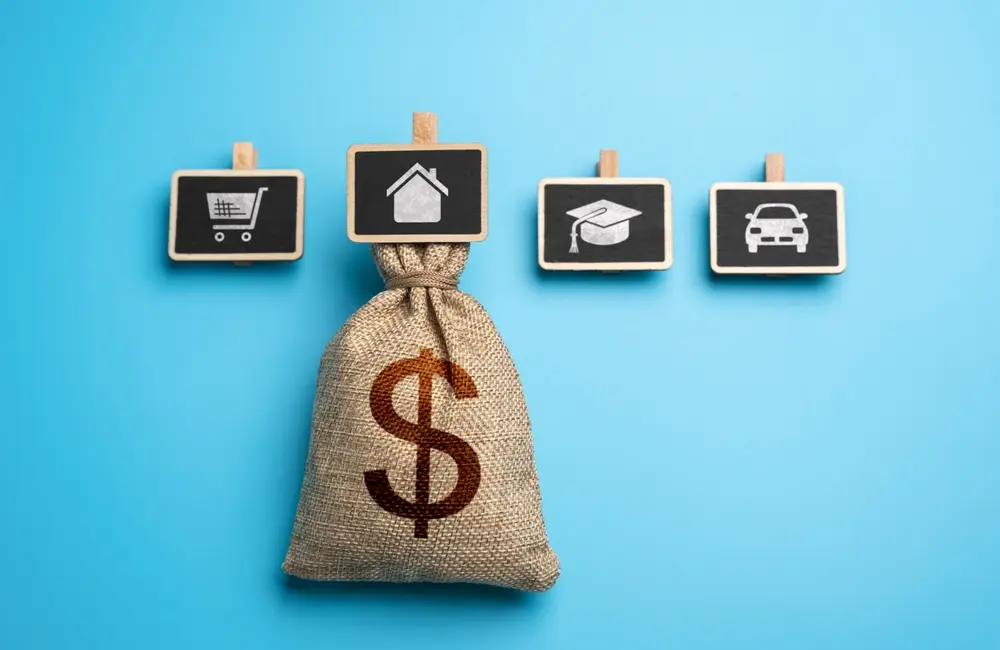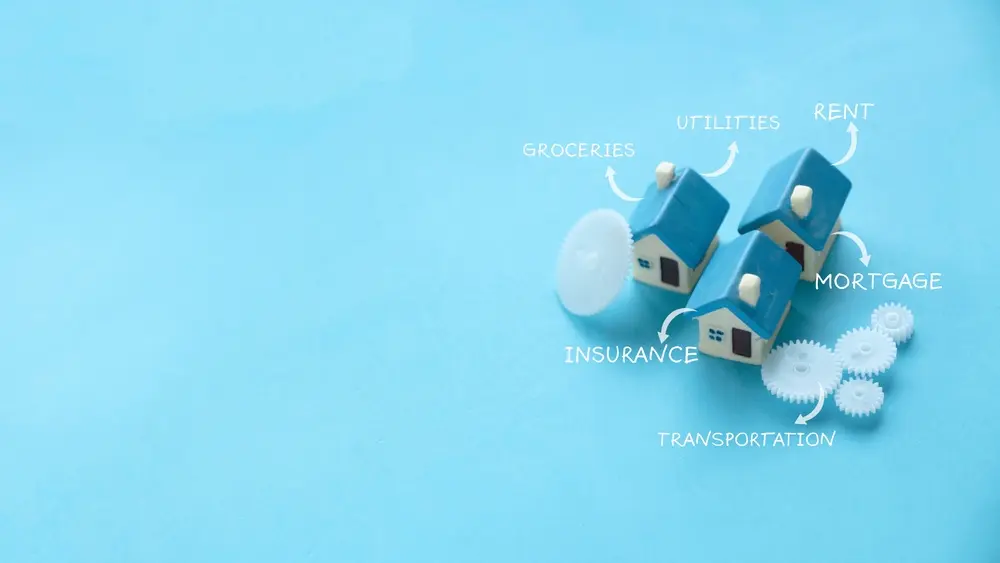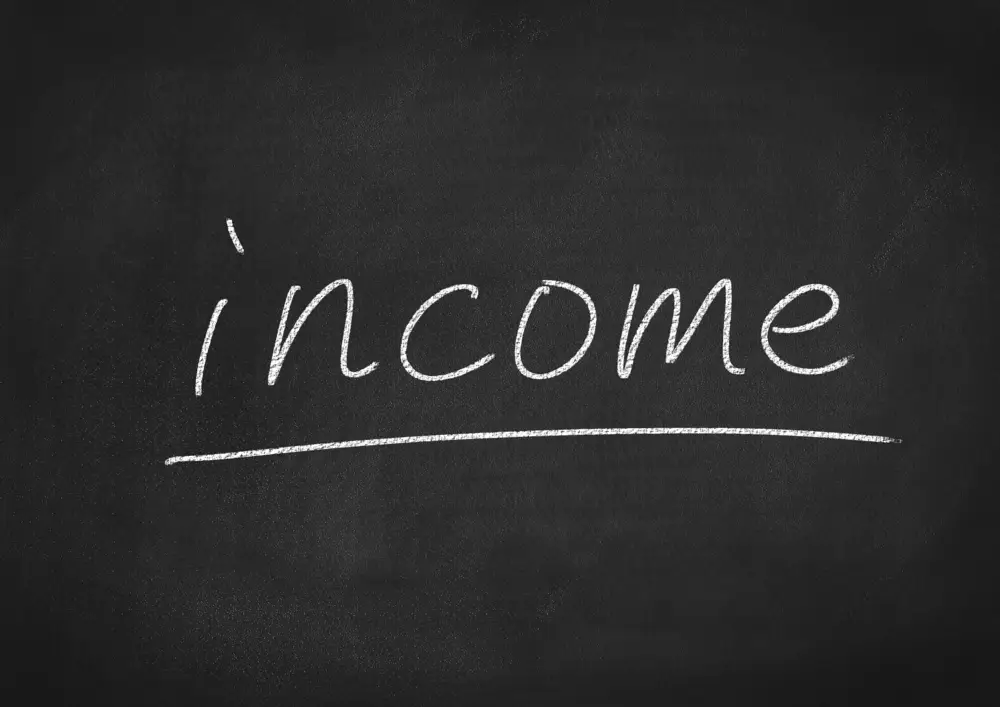The First Priority in Your Budget: Expert Strategies for Financial Success
Effective financial management begins with ensuring that your budget priorities the correct items. Unbelievably 63% of Americans lack a budget, which causes major financial stress. Your financial stability depends on giving the first main item in your budget top priority top importance. Whether your goals are to pay off high-interest debt, create an emergency fund, or cover basic living expenditures, this piece will go over why the first priority in your budget is so crucial and which objectives should come first. We will also offer doable actions and professionally supported techniques to enable you create a budget fit for you.
Why Do Budgeting Priorities Count?
In personal finance, budgeting is really vital. But it’s more than simply having a budget; it’s about ensuring you give the proper items top priority. Unneeded stress, missed savings targets, and a debt cycle can all result from poorly structured budgets. Conversely, a well-considered budget can help you attain long-term financial security, lower stress, and create wealth.
- Effects of Inappropriate Attention: Without appropriate prioritizing, one may easily go into debt and pass on important chances for income generation. For instance, a medical cost could drive you farther into debt if you overspend on non-essential products without saving an emergency fund. Ignoring the appropriate debt repayment techniques can result in high-interest accumulation; missed savings targets can prevent your capacity to retire comfortably.
- Strategic Budgeting’s advantages: Conversely, strategic budgeting offers a great lot of advantages. It can help you cut stress, interrupt the circle of financial uncertainty, and offer a clear road toward financial freedom. Giving basics like preparing for an emergency fund top priority helps you to relax knowing you are ready for the unanticipated. Strategic budgeting also supports long-term goals like purchasing a house or paying your retirement and helps lower financial stress.
- Professional Opinion: Prominent financial advisers such as Dave Ramsey and Suze Orman often underline the need of having a well defined budgeting system. For example, Ramsey’s “Baby Steps” strategy gives top priority creating a $1,000 emergency fund. Furthermore stressing the need of emergency savings, Orman also points out that all other financial decisions are based on them. Setting a clear first priority for your budget guarantees a strong and safe basis for your financial life.

Create an emergency fund first.
Creating an emergency fund should be your first financial priority; one thing should take front stage. But exactly why is it so vital?
Why Is Essential
Your financial safety net for unanticipated events include medical costs, auto repairs, or job loss is an emergency fund. Life is erratic; without a reserve of funds to pay these kinds of costs, you could have to rely on high-interest credit cards or loans, which further exacerbate your debt.
How Much Worth to Save
Generally speaking, experts advise keeping your emergency fund three to six months’ worth of living expenditures. This sum offers enough of a cushion to address significant events including job loss or medical expenditures. Still, your situation will affect the precise amount. For instance, three months of spending could be plenty if your employment is steady and you have a continuous income. If you have sporadic income or are self-employed, however, you might wish to target six months.
Strategies for Beginning
Although starting an emergency fund could seem intimidating, there are various techniques to help you to make it more doable: Automate Saving: Every month set up an automated payment to your emergency savings account. Paying yourself first helps you to make sure you give saving top priority instead of spending.
Use a high-yield savings account to rapidly expand your emergency fund. Though the returns might not be large, they will enable your money to grow without running any risk on erratic investments.
Track your savings objectives and check development with Mint or YNAB (You Need a Budget). Maintaining your motivation depends on keeping current with your savings initiatives.
Expert Backing
Research repeatedly reveals that lowering financial stress and avoiding debt depends on having an emergency reserve. Those with emergency reserves are more likely to avoid high-interest debt and feel less financially stressed, according a Brookings Institution study.
Different First Concerns (balanced viewpoint)
Although many people agree that their first concern should be an emergency fund, based on your personal financial situation you should also take alternative first priorities into account. Sometimes attending to fundamental needs or paying off high-interest debt will come first.
High Interest Debt Cancellation
Prioritizing pay-off of high-interest debt—such as credit card balances—might make sense for those looking to create an emergency fund. High-interest debt can spread rapidly; postponing payments might cause debt to mount up.
Dave Ramsey among other financial experts advise applying the “debt snowball” approach, paying off the minor bills first to create momentum then addressing more significant ones.
Still, your specific circumstances will determine whether you should pay off debt or create an emergency fund. For instance, you can address both at once if your salary allows you to pay off debt and yet save a little sum. Reviewing interest rates and your capacity to balance goals is quite vital.
Basic Coverage for Needs
Covering essential requirements like rent, utilities, and groceries may come first for those with lower earnings or uncertain living circumstances. Saving then may have to wait. Stability should be given first priority so that daily living expenditures are satisfied. You can start saving and debt-paying once you have underlined your fundamental necessities.
Professional Thoughts
Many financial philosophies provide different strategies. Ramsey supports creating an emergency fund as the first stage; the Financial Independence Retire Early (FIRE) movement may stress greater savings rates or aggressive debt pay-off before anything else. Both approaches offer advantages; however, it is crucial to select the one that fits your situation the best.

How to Execute Your First Priority
It’s time to start a strategy once you’ve decided on your initial focus—that of creating an emergency fund, debt pay-off, or supporting basic needs.
Techniques of Budgeting
Several techniques of budgeting can enable you to keep on track: 50-30-20 Ruling: This approach separates your after-tax income into three categories: 50% for needs (such as utilities or housing), 30% for wants (such as entertainment), and 20% for debt payback or savings. Should your priorities be debt or your emergency fund, you might assign more to the savings/debt category.
Under zero-based budgeting, you allocate every dollar for a specific use so that, at the end of the month, your income less your expenses comes to zero. This helps you distribute money for long-term and urgent needs alike.
Tools and Apps
There are many of resources to assist you apply your budgeting strategy. Great tools for tracking expenditure, budget management, and establishing savings targets abound from apps including Mint, YNAB, and Personal Capital. To provide you real-time information on your financial situation, most of these tools can sync with your bank accounts.
Useful Actions
Here is a basic, doable strategy for putting your first budgetary goal into effect: Determine Monthly Spending: Sort your monthly fixed and variable expenses first. This covers entertainment as well as groceries and rent.
Create goals for debt payback and savings. Based on your top priority, create a specific target. For your emergency fund, for instance, try to save $500 every month or pay down $300 monthly on credit card debt.
Review your budget often and, as necessary, make changes. Track your improvement and change your spending patterns to keep on target.
Case Studies with Real-Life Illustrations
One family avoiding debt using an emergency fund
After their automobile broke down unannounced, married couple Sarah and Tom discovered they had an significant auto repair bill. They covered the $1,200 repair without using credit cards or loans as they had an emergency reserve in place. This let them keep on target with their other financial goals and avoid more debt.
For instance, someone giving debt repayment top priority
John had credit card debt totaling $10,000 at an 18% interest rate. He was able to concentrate on clearing his credit card amounts by giving debt payback first priority over saving. John ultimately started accumulating his emergency fund after saving $5,000 in interest over two years.

Typical Mistakes Made in Budgeting to Avoid
Budgeters with best of intentions might also make blunders. Three typical mistakes in budgeting are these ones:
1st mistake: Underestimating need for an emergency fund
Many people merely save a meager sum for an emergency fund, underestimating their requirement. Depending on your circumstances, your emergency fund should be enough to cover, at least three to six months of spending.
2nd mistake: Ignoring high-interest debt
While saving is simple to concentrate on, disregarding high-interest debt could cost you later on. Unless you run the danger of financial instability, give high-interest debt pay top priority before creating an emergency fund.
3rd mistake: Ignoring insurance.
Although it’s not commonly discussed in budgeting, insurance is crucial for safeguarding your financial future. Before you start funding non-essential categories, be sure you are sufficiently protected for health, life, and disability.
Conclusion of Budget Priority
Your financial success begins with defining appropriate priorities. Making the correct selections can help you on the road toward financial stability whether it comes to creating an emergency fund, debt pay-off, or basic necessities security. Review your budget today to start prioritizing what most will help your future.
FAQs
Q1: Usually, is an emergency money first on budget priority?
A: Your situation determines it. Should you have high-interest debt, it would make sense to give that top priority first. Otherwise, a cornerstone for your financial stability is absolutely an emergency reserve.
Q2: Should my income vary?
A: Start with a smaller emergency fund—say, $1,000—then progressively expand it as your income settles down.
Q3: How may I juggle several financial objectives?
A: Take a tie-red approach, setting aside some of your income for debt payback, savings, and other priorities to guarantee equal development in all spheres.



